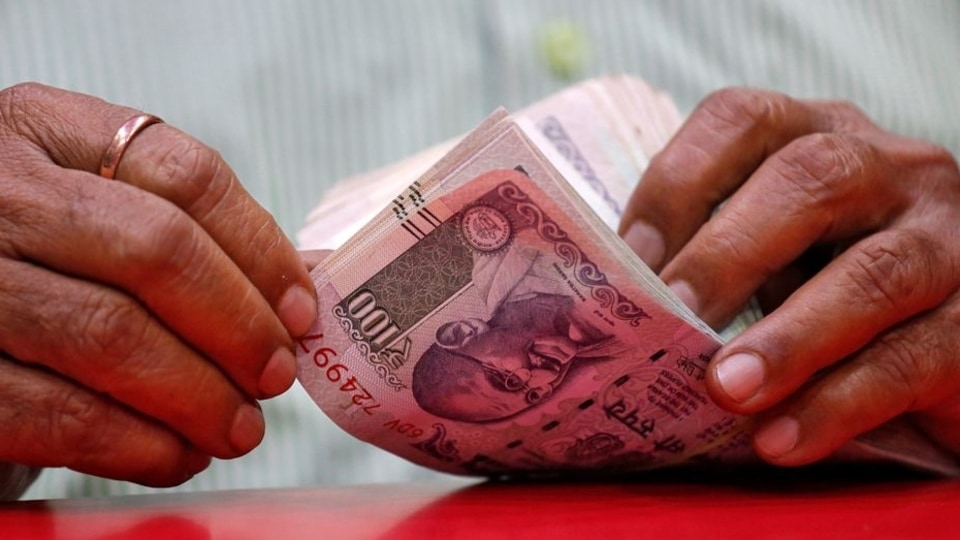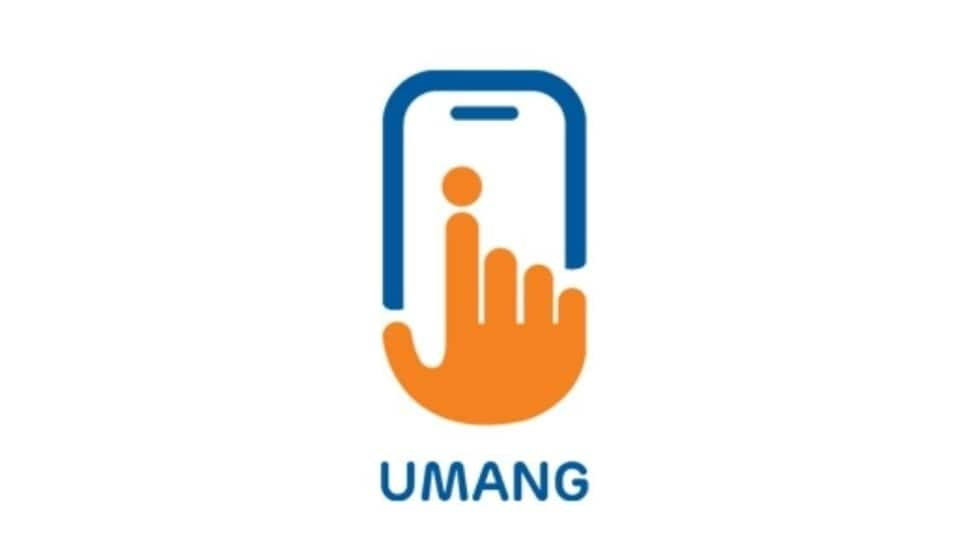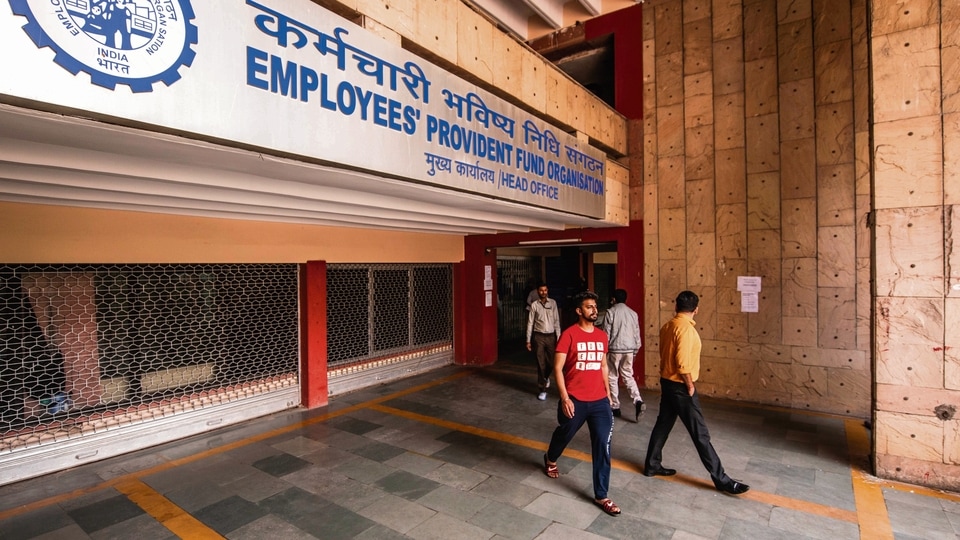Shocking! Crooks steal money without OTP from bank account in online scam: Report
In a shocking OTP bypass scam, multiple incidents have surfaced where hackers have stolen money from victims through net banking without them ever finding out about it. Know about this scary online bank scam.








 View all Images
View all ImagesCybercriminals are getting smarter by the minute and are coming up with scary tactics to steal money from innocent people. They are even able to use technology that allows OTP bypass online scams to happen. Just a couple of months ago, a businessman lost almost Rs. 1 Crore after his smartphone got hacked without his knowledge. But now, it seems hackers are directly attacking the online bank accounts of individuals. In a terrifying new online scam, police have found unknown beneficiaries added to net banking accounts of the victims who have mysteriously lost large sums of their money - all without ever receiving an OTP to approve the transaction. It is incredibly important that you know how this new crime is being conducted and that you protect yourself from it.
Hackers use scary tactic to steal money via net banking
According to a report by The Times of India, a scary new cybercrime has come to light in Gujarat. A few victims have complained that their hard-earned money was stolen from bank accounts without them ever finding out about the transaction as not even an OTP from the bank was received by them. Usually, when money is transferred through online banking (except when using an online wallet or UPI), users get an OTP (one time password) text message to confirm the transaction. But this never happened in this case. And it gets scarier.
The reports suggest that in all the cases, the net banking account had unknown beneficiaries added, without them being aware of it. It is strange since users have to get an OTP to accept the beneficiary. But in this case, they were just added without authorisation from the bank account holder.
“As per the complaint, an unknown account got added as a beneficiary in the victim's netbanking account. The victim didn't initially pay attention as he felt there must be some error,” Hardik Makadia, assistant commissioner of police (cybercrime) told TOI.
The authorities also revealed that soon after the addition of the unknown beneficiary, the victims lost huge amounts of money running into lakhs. Police have registered three such cases, which are now under investigation.
Makadia also revealed that they have written to the banks to know whether there is a technical loophole that hackers can use to circumvent the approval procedure for a beneficiary.
This is indeed a terrifying crime since the criminal never even interacts with the victim. Neither does the criminal hack smartphones nor does he try to steal financial information like bank account password.
However, there are things that you can do in order to protect yourself from such crimes.
How to protect your bank account from hackers
- If you have netbanking enabled, make sure to always check the list of beneficiaries. If you ever find an unknown beneficiary, remove them and quickly contact the bank or police.
- Always make a habit of removing beneficiaries that you do not use for regular transactions.
- Never do netbanking on public computers or a cyber cafe. Don't ever use public Wi-Fi either. These are not secure and your password and account details can be stolen.
- Make sure to change your password every 14 days. Always use a randomized alphanumeric password along with a couple of special characters.
- Do not write down the password anywhere and instead, try to memorise it.
Catch all the Latest Tech News, Mobile News, Laptop News, Gaming news, Wearables News , How To News, also keep up with us on Whatsapp channel,Twitter, Facebook, Google News, and Instagram. For our latest videos, subscribe to our YouTube channel.






























